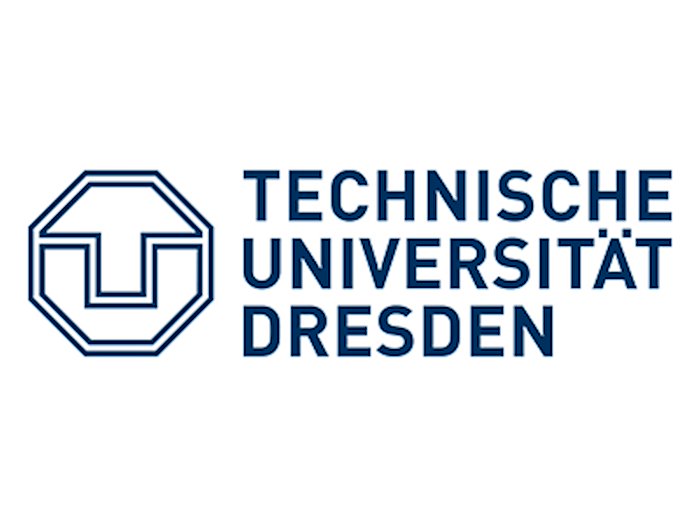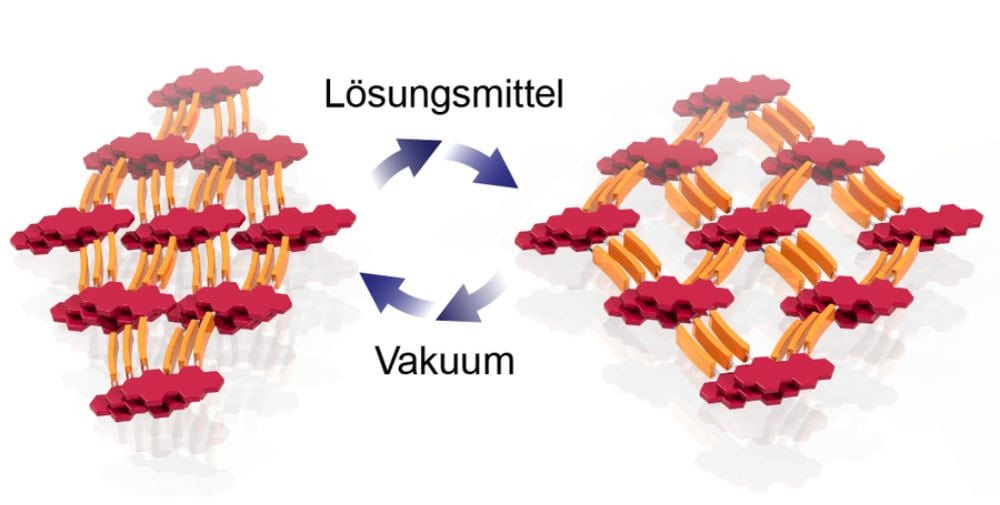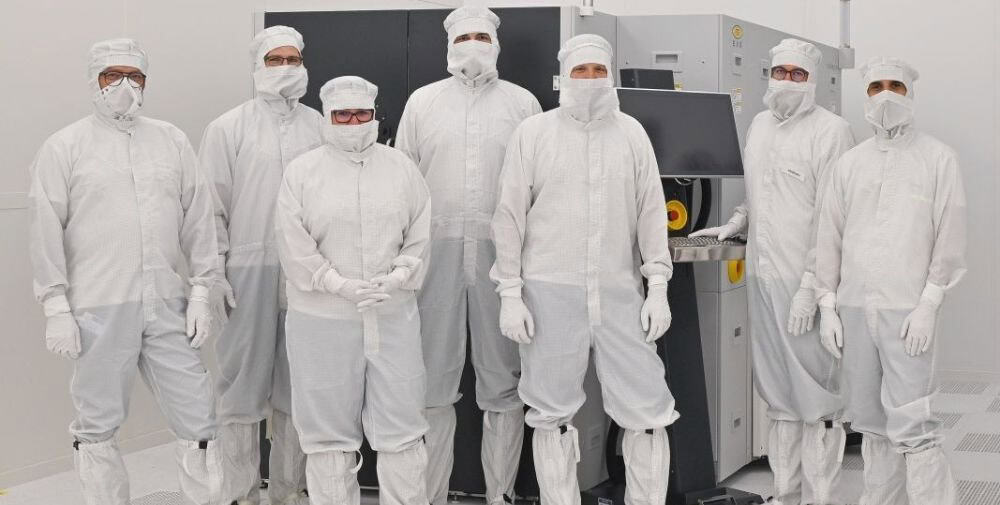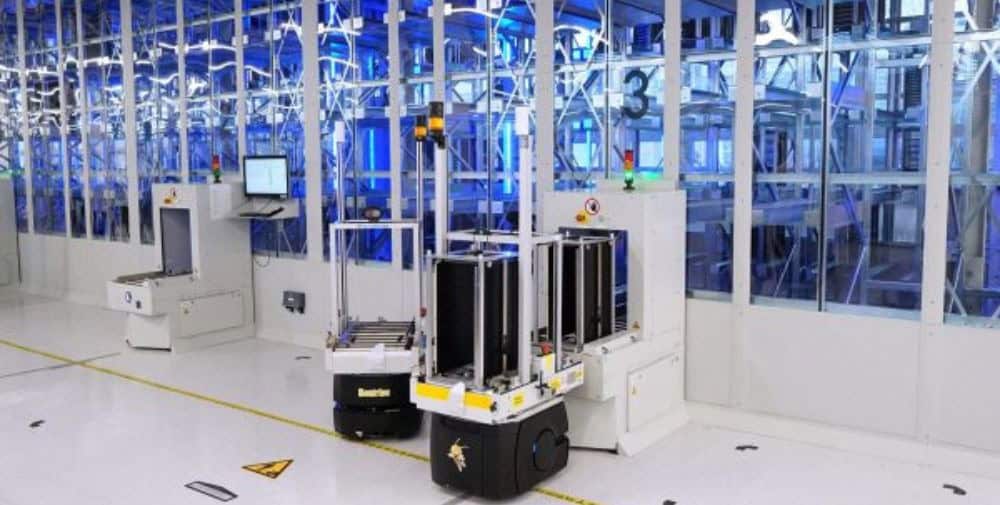
More than 120 students applied for the study visit, 30 of whom were selected for the first cohort. The young talents are studying electrical engineering, computer science, physics and chemistry at TU Dresden, HTWK Leipzig and TU Bergakademie Freiberg.
Science Minister Sebastian Gemkow said at the farewell ceremony: “I am delighted that we have been able to launch the program after such a short time. With a view to the urgently needed skilled workers in the semiconductor industry here in Saxony, we are breaking completely new ground, in close partnership between the scientific institutions, with TSMC and also between the Free State of Saxony and Taiwan. They are the first to follow this path and thus pave the way for all others who will follow them in the future. I would like to thank TU Dresden and all the partners involved for the highly professional development of the structures for this program and I wish the students every success, many new insights for their studies and lots of fun discovering the country, its people and culture.”
The Rector of TU Dresden, Prof.Ursula Staudinger, emphasized: “The quick and successful start of the Semiconductor Talent Incubation Program shows that TU Dresden is using its great expertise in the field of micro- and nanoelectronics and advanced materials science and is taking responsibility for building a strong specialist base in semiconductor development by coordinating and recruiting as part of the program. In this way, we are strengthening the visibility and attractiveness of our study programs in this field on the one hand and addressing our goal of contributing to the challenges of the 21st century by training highly qualified specialists for fields of activity in the semiconductor industry of tomorrow on the other. We wish the students who are now going to Taiwan an exciting semester, many new experiences and much success.”
The Chief Officer Technology Transfer and Internationalization, Prof. Dr. Ronald Tetzlaff, added: “The fact that we are already able to send the first students to Taiwan as part of the Semiconductor Talent Incubation Program after just four months is testament to TU Dresden’s strong focus on internationalization. I would like to thank the staff of our Department of Studies and Continuing Education and in particular the International Office and the Head of the Saxon Science Liaison Office Taiwan, Josef Goldberger, for taking on important coordination and recruiting tasks within the framework of STIPT. This next step in this international cooperation program illustrates the strong partnership between TSMC and TUD. We wish the students enriching intercultural experiences and insights for their studies.”
The Semiconductor Talent Incubation Program Taiwan (STIPT)
Selection process and preparation:
Interested students have been applying to TU Dresden since the fourth quarter of 2023. The university has selected the most promising applications based on merit, with the first cohort comprising 30 students out of 124 applicants.
After selection, the students attended orientation courses including language mediation and intercultural training.
Exchange phase:
The four-month academic part of the study visit to the National Taiwan University (NTU), the program’s partner university in Taipei, begins in March. Afterwards, the students will work in a practical setting at TSMC’s Newcomer Training Center and in a factory in Taichung.
During the study visit, all participants will be in regular contact with the Saxon Science Liaison Office in Taipei, which will ensure that their stay in Taiwan runs smoothly and that they receive support.
After their return, the students continue their studies in Saxony.
In the coming months and years, it is planned to expand the program within Saxony and Taiwan even further to other universities and thus further increase the number of participants and also the attractiveness of the program.
The TU Dresden’s partners in Taiwan are:
- TSMC
- National Taiwan University
- National Taiwan University for Science and Technology (tbc)
- National Yang Ming Chiao Tung University (tbc)
- National Tsing Hua University (tbc)
- National Chung Hsing University (tbc)
In Saxony, all universities that are interested in participating in the program from 2024/25 are to be included in the program in the future. The aim is to increase the cohort for all Saxon universities in the medium and long term.
– – – – – –
Further links
👉 www.tu-dresden.de
Photo: Ben Gierig



